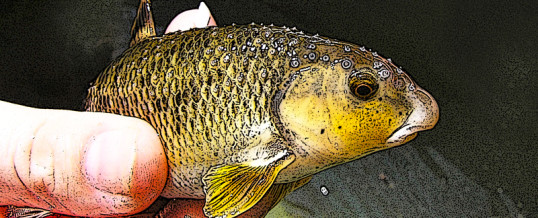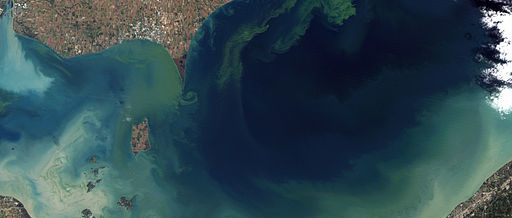Editorial by Jim Robbins from the New York Times: September 28, 2014
We are barreling into the Anthropocene, the sixth mass extinction in the history of the planet. A recent study published in the journal Science concluded that the world’s species are disappearing as much as 1,000 times faster than the rate at which species naturally go extinct. It’s a one-two punch — on top of the ecosystems we’ve broken, extreme weather from a changing climate causes even more damage. By 2100, researchers say, one-third to one-half of all Earth’s species could be wiped out.
As a result, efforts to protect species are ramping up as governments, scientists and nonprofit organizations try to build a modern version of Noah’s Ark. The new ark certainly won’t come in the form of a large boat, or even always a place set aside. Instead it is a patchwork quilt of approaches, including assisted migration, seed banks and new preserves and travel corridors based on where species are likely to migrate as seas rise or food sources die out.
The questions are complex. What species do you save? The ones most at risk? Charismatic animals, such as lions or bears or elephants? The ones most likely to survive? The species that hold the most value for us?
One initiative, the Intergovernmental Platform on Biodiversity and Ecosystem Services formed in 2012 by the governments of 121 countries, aims to protect and restore species in wild areas and to protect species like bees that carry out valuable ecosystem service functions in the places people live. Some three-quarters of the world’s food production depends primarily on bees.
“We still know very little about what could or should be included in the ark and where,” said Walter Jetz, an ecologist at Yale involved with the project. Species are being wiped out even before we know what they are.



